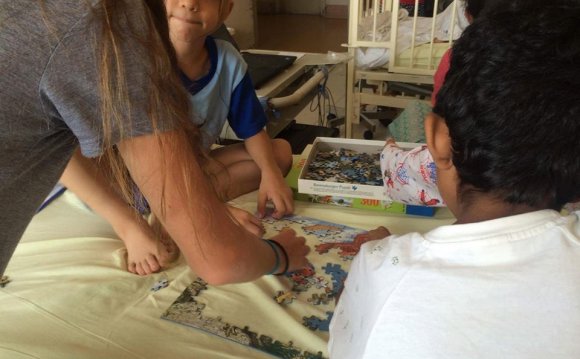
Visiting nursing home care Heredia
Dagoberto’s interest in practicing medicine started when he ended up being moving as a part of a Mexican folkloric team inside the very early teenagers. Carrying out for audiences including patients at a children’s hospital in the hometown of Houston, Tx, he recalls thinking, “There must be anything much more that I can do for people besides party.”
He attended the University of Monterrey healthcare School, Mexico, and continued to residency learning person, child, and teenage psychiatry in the University of Texas in Galveston. Dagoberto states that after doing work for many years at Tx Tech University in training and medical positions, he desired to do even more for clients outside academic medication. So he moved his family members to Kansas and worked for several years at a state psychiatric hospital, in which he had been fundamentally marketed to clinical director.
But Dagoberto still had the nagging feeling of wanting to “do more, ” so when he had an opportunity to start up a geriatric psychiatric program in the rural Onaga Community Hospital in northeast Kansas, he jumped at the chance. “I wanted to do rural work, ” he says. “When you work in an underserved area, you are much more fulfilled, because you really feel appreciated and that you are making a difference. And though I originally came here to open a geriatric psych unit, I found that the general population was in need of psychiatric services.”
In the unique role as the only psychiatrist in the region, Dagoberto works closely with primary care providers along with other behavioral health professionals to coordinate patient care in family practice clinics into the hospital plus in two outlying towns 25 miles away. Like an old-fashioned nation medical practitioner, he travels from their house in Lawrence to some other clinic each day, and each three months he makes the 100-mile journey to a tiny clinic in Centralia to check out medical residence residents.
Taking care of the full variety of clients from kiddies to geriatric, Dagoberto says it's helpful as he treats multiple patient in extended people, as psychiatric issues often have a genetic foundation or it will help in getting insight into family members or household characteristics. Involved in multiple communities implies Dagoberto also serves diverse populations, including an extremely religious neighborhood in a single town, and Native Us americans from the Pottawattamie Nation.
“This demands most mobility in working within powerful cultural or spiritual philosophy, ” says Dagoberto. “Some of my efforts tend to be coordinated through clergy, when someone might have particular problems or requirements. Or, I Must have the ability to split up what exactly are spiritual or social opinions or practices with what are true psychiatric dilemmas.”
Long times traveling are the norm for Dagoberto while he commutes as much as an hour and a half each means each day and logs over 550 kilometers per week. Often not house until 8 p.m., he shrugs off the long days. “I feel fulfilled. I must say I believe that Im doing what I experienced all those years of training for and I’m capable utilize my abilities to aid my communities making a difference. Some individuals say, ‘you are going to get burned-out, ’ you just get burned-out if you don’t enjoy what you yourself are doing. But i love what I are performing this much, and feel blessed and fortunate to perform some work I’m doing.”













